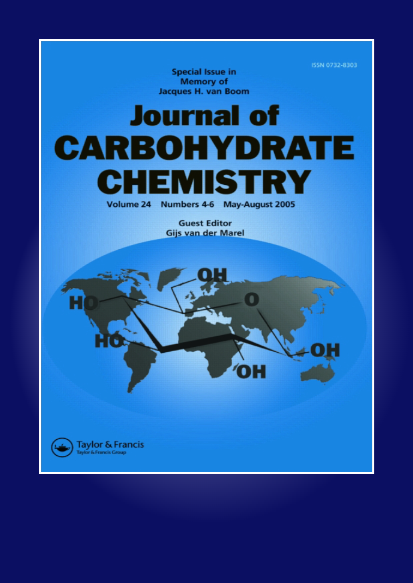An overview on marine bacterial exopolysaccharides and their industrial applications
IF 2.2
4区 化学
Q4 BIOCHEMISTRY & MOLECULAR BIOLOGY
引用次数: 0
Abstract
Exopolysaccharides (EPSs) are sugar-based biopolymers produced by bacteria in response to environmental stress. Bacterial EPSs (BEPSs) have attracted attention across multiple industries due to their biodegradable and nontoxic nature. Their large-scale production and ease of purification make BEPSs more favorable than other intracellular and cell wall polysaccharides. Two key approaches are used to enhance BEPS yields: metabolic engineering and the utilization of low-cost materials for eco-friendly production. Despite ongoing efforts to isolate and classify new marine BEPSs, only a few have been industrially utilized. The discovery of BEPSs with novel sugar compositions or structural modifications could unlock new applications. Currently, marine BEPSs are used as thickeners, stabilizers, and gelling agents in the food industry and show potential in cosmetics, biotechnology, wastewater treatment, petroleum recovery, and textiles. While their use is still in the early stage, BEPSs hold significant promise as versatile biomaterials. This review highlights bacterial sources of marine EPSs and explores their industrial potential.
海洋细菌胞外多糖及其工业应用综述
胞外多糖(eps)是细菌在环境胁迫下产生的糖基生物聚合物。细菌eps (beps)由于其可生物降解和无毒的特性而引起了多个行业的关注。它们的大规模生产和易于纯化使beps比其他细胞内和细胞壁多糖更有利。提高BEPS产量的两种关键方法是:代谢工程和利用低成本材料进行环保生产。尽管目前正在努力分离和分类新的海洋beps,但只有少数已被工业利用。具有新的糖组成或结构修饰的beps的发现可以开启新的应用。目前,海洋beps在食品工业中被用作增稠剂、稳定剂和胶凝剂,并在化妆品、生物技术、废水处理、石油开采和纺织品中显示出潜力。虽然beps的应用仍处于早期阶段,但作为多功能生物材料,beps具有重要的前景。本文综述了海洋eps的细菌来源,并探讨了其工业潜力。
本文章由计算机程序翻译,如有差异,请以英文原文为准。
求助全文
约1分钟内获得全文
求助全文
来源期刊

Journal of Carbohydrate Chemistry
化学-生化与分子生物学
CiteScore
2.10
自引率
0.00%
发文量
20
审稿时长
1 months
期刊介绍:
The Journal of Carbohydrate Chemistry serves as an international forum for research advances involving the chemistry and biology of carbohydrates. The following aspects are considered to fall within the scope of this journal:
-novel synthetic methods involving carbohydrates, oligosaccharides, and glycoconjugates-
the use of chemical methods to address aspects of glycobiology-
spectroscopic and crystallographic structure studies of carbohydrates-
computational and molecular modeling studies-
physicochemical studies involving carbohydrates and the chemistry and biochemistry of carbohydrate polymers.
 求助内容:
求助内容: 应助结果提醒方式:
应助结果提醒方式:


